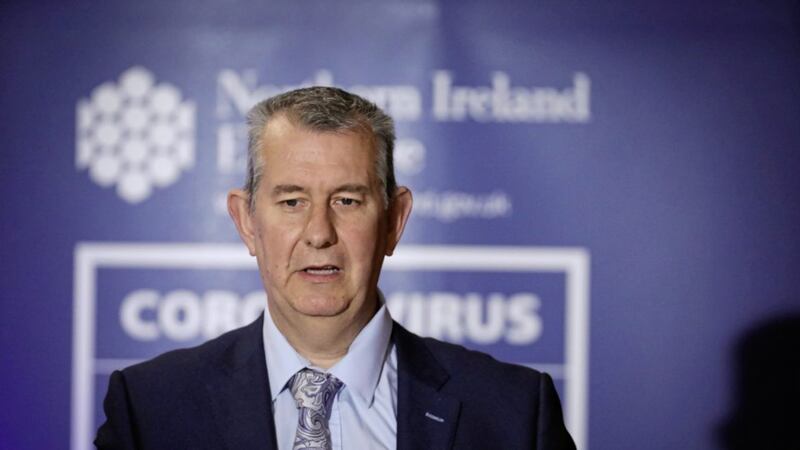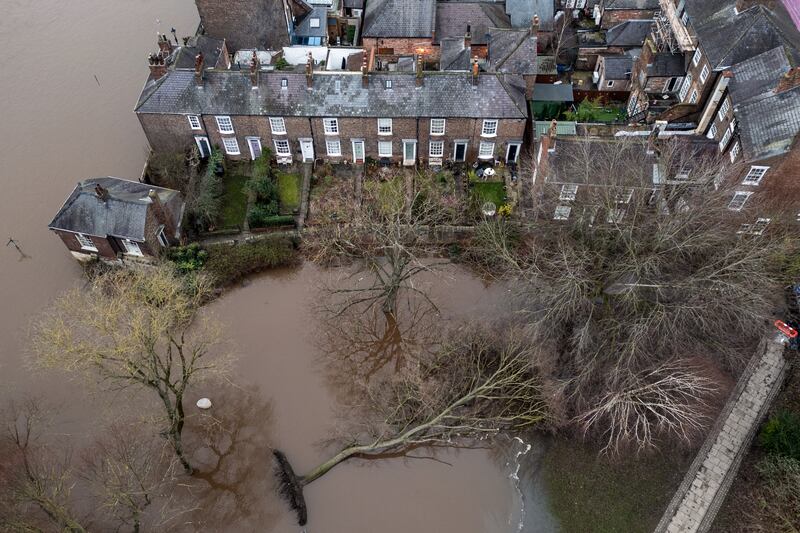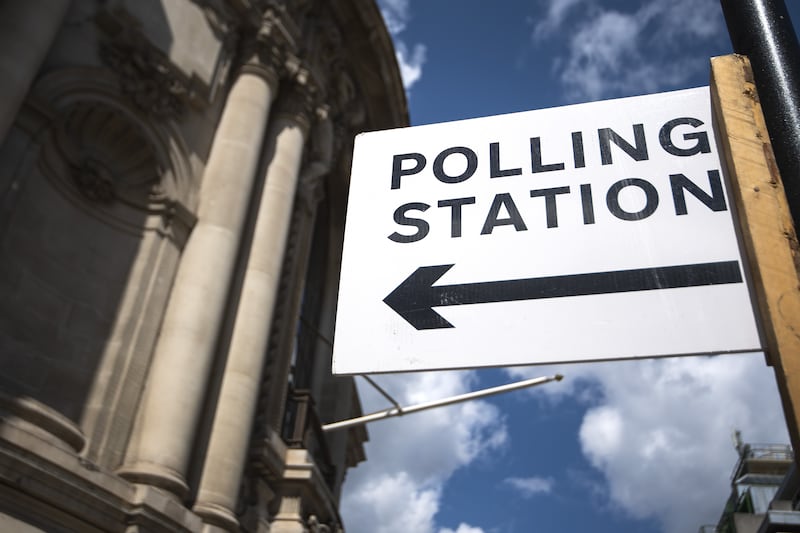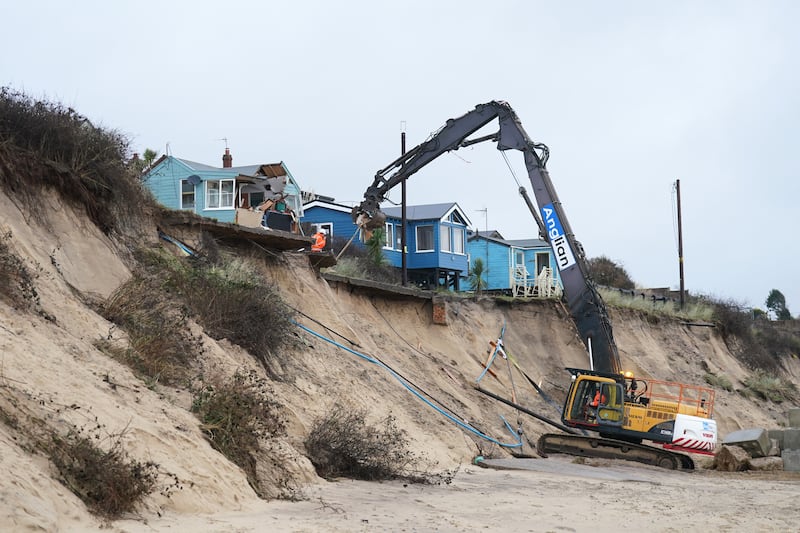NORTHERN Ireland has been advised to cut carbon emissions by at least 82 per cent by 2050.
The Committee on Climate Change said it has been able to set a target as the north is now committed to introducing legislation.
The UK government pledged last year to achieve net zero carbon emissions by 2050 and Northern Ireland has been urged to play its part.
The committee, a government advisory body, suggested changes in people's behaviour could include fewer flights, a reduction in meat and dairy consumption, less waste of food and other resources, more electric vehicles and a ban on fossil fuel boilers.
Chief executive Chris Stark said: "The contribution from Northern Ireland is hugely important because we will not get to net zero unless Northern Ireland commits to this kind of target."
He was speaking as environment minister Edwin Poots launched a public consultation on Stormont's first Climate Change Bill.
People are being asked whether laws should require Northern Ireland to reach net zero emissions by 2050, or simply make an appropriate contribution to the wider UK effort.
The DUP minister described climate change as a "defining issue of our time on a global and national scale".
"Climate change is a challenge that Northern Ireland must meet head on," he said.
"It is not something facing us in the future, it is happening here and now. A business as usual approach no longer works, it’s just not an option.
"We must play our part in the global effort to curb climate change by tackling the causes, such as reducing our emissions and increasing the capture of greenhouse gases.
"It is also a necessity that we do more to address the impacts and reduce those risks from climate change that we cannot prevent."








